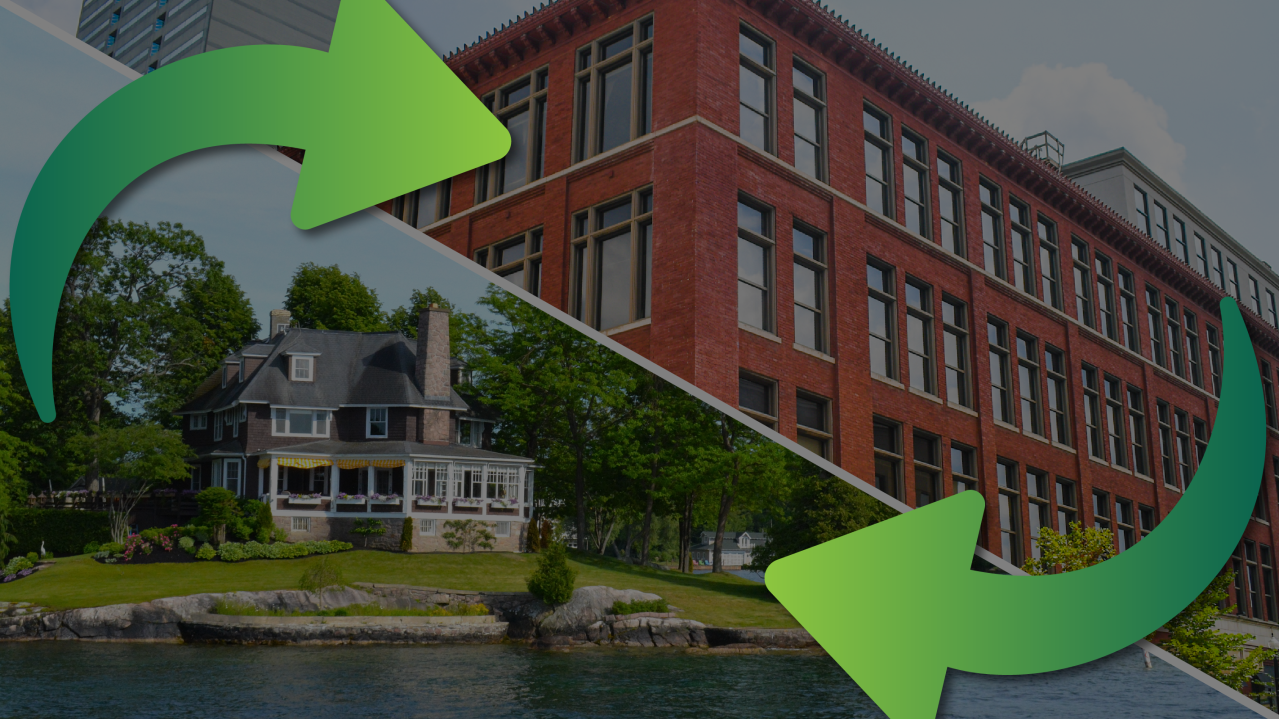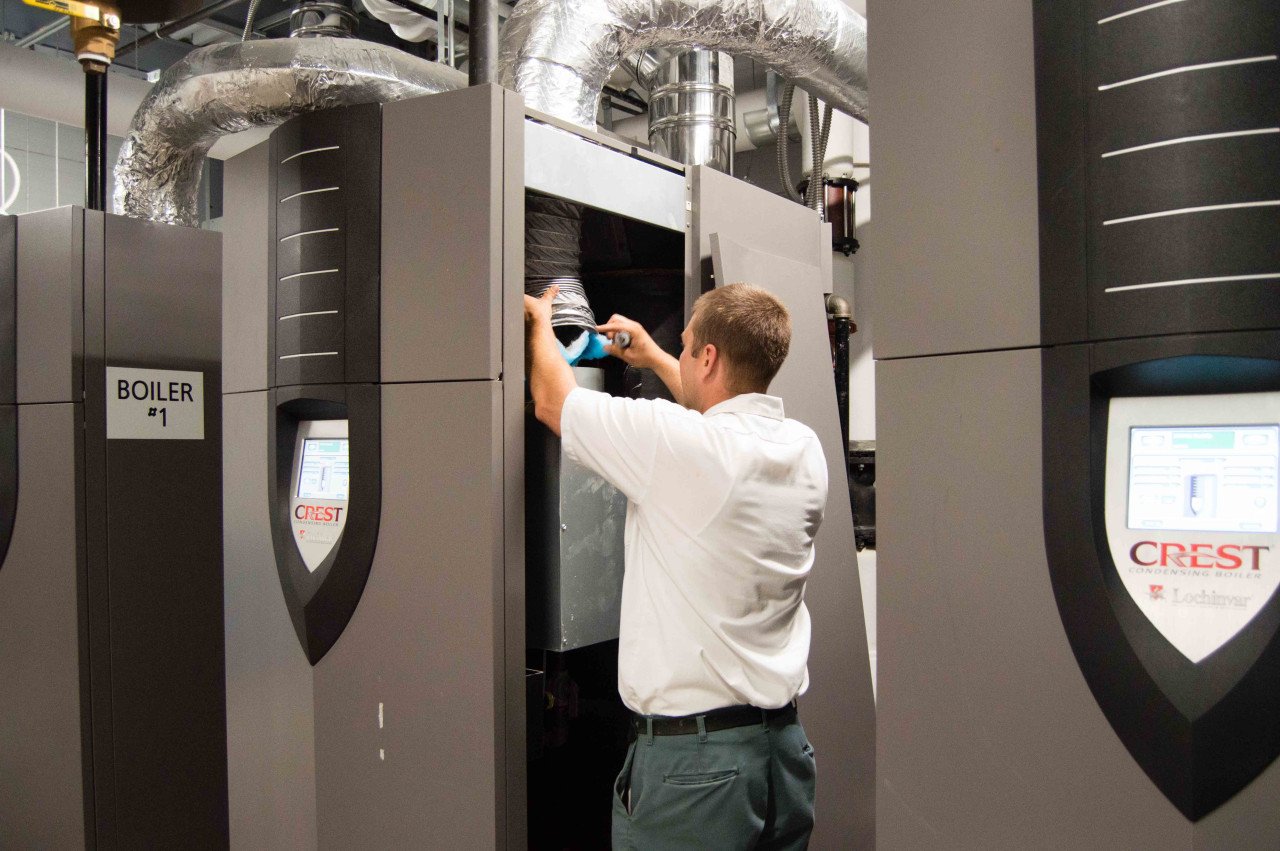How to Use a 1031 Exchange on a Vacation Rental Home

Imagine yourself years from now, living in your dream vacation home.
That reality may be closer than you think.
If you meet all the requirements of a 1031 exchange under the rules stated by the IRS, you may be able to exchange two “like-kind” properties: one investment commercial property for a vacation rental.
But first, what exactly is a 1031 exchange, and what is a like-kind property? We’ll be explaining all that and more, so keep on reading to find out how you can snag your dream home sooner than you think!
What is a 1031 exchange?
In the simplest terms, a 1031 exchange is a way to swap one income investment property for another, and it allows you to defer capital gains taxes in some cases. Deferred taxes are taxes paid at a later date. Capital gains are profits from the sale of the investment property.
If you’re an investor who wants to diversify your portfolio without paying capital gains taxes on your profits, this is the exchange type for you. You sell off one asset and use it as collateral for your next investment.![]() There are different structures of 1031 exchanges with varying levels of complexity. Some don’t have deferred capital gains taxes.
There are different structures of 1031 exchanges with varying levels of complexity. Some don’t have deferred capital gains taxes.
The simplest form of a 1031 exchange is a simultaneous exchange, which doesn’t have deferred taxes because the properties are exchanged at the same time. These exchanges happen much faster than deferred exchanges, and they don’t need an intermediary during the time you’re acquiring and disposing of properties.
The downside of a simultaneous exchange is that you need to find someone who wants what you have and has what you want exactly at the time you need it, or else the exchange isn’t simultaneous.
Next, there are deferred exchanges. In this type of exchange, you dispose of your investment property to acquire a new property afterward. Capital gains aren’t recognized, and your investment in the original property continues to grow tax-deferred.
Finally, the most complex type of 1031 exchange is a reverse exchange. In this format, you buy the acquisition before disposing of your previous property. An intermediary holds the replacement property for no more than 180 days, and that’s how much time you have to dispose of your property. After you’ve done that, you can gain access to your newly acquired property.
What constitutes a like-kind property?
A like-kind property needs to fit within certain parameters to be eligible for a 1031 exchange. For example, an exchange could be between one business property and another.
Effective January 1, 2018, the Tax Cuts and Jobs Act determined that “like-kind” constitutes real, personal, or intangible property. Before that time, you could exchange tangible properties, like works of art.
If you are striving to sell one investment property to buy another, you’re typically going to have taxes on the capital gains from the profit earned from the sale. However, if the two properties you would be buying and selling were like-kind, you wouldn’t have to recognize any gain or loss of capital gains under Section 1031. This is especially beneficial because the value of your investment would continue to rise while you’re acquiring the new like-kind property.
How can I use a 1031 exchange on a vacation rental home?
With all this information on the types of like-kind 1031 exchanges, how is it possible to use a 1031 exchange on a vacation rental home? After all, are investment properties and vacation rental homes even like-kind?
The short answer is yes.
You can dispose of an investment property, acquire a vacation rental home, and defer your capital gains taxes on the investment property within a few boundaries. Within this investment plan, you work on the acquisition of the vacation rental home (within 180 days), while the investment value of the investment property increases.
For two years after the exchange, here are a few stipulations for acquiring a vacation rental home under a 1031 exchange:
Must be rented out.
Fair market rate.
Primary residence.
This two-year limit before move-in is known as a safe harbor rule. Under this, the IRS will not challenge whether or not your replacement vacation rental qualifies as an investment property with Section 1031.
However, there are some benefits to acquiring a vacation rental home rather than another investment property in a 1031 exchange:
Live-in construction.
Potential write-off.
It's all yours!
So, it is possible to use a 1031 exchange to finance your dream vacation home if you rent it out at fair market value for at least two years after the sale.
But first, you need to start with acquiring an investment property to use in a 1031 exchange. Sturges Property Group offers the best opportunities for investment properties, so you can start on your journey towards acquiring your dream vacation home.





